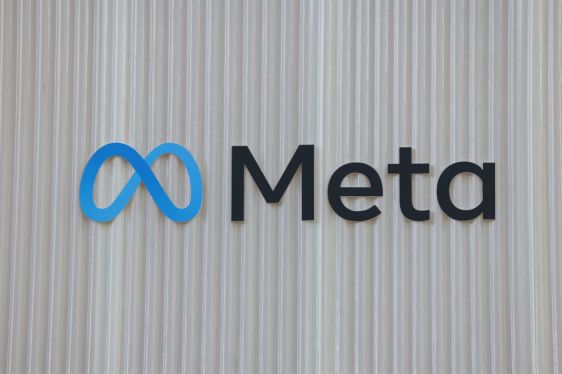Meta is significantly increasing its investment in the physical and technical infrastructure needed to scale its AI ambitions. In its second-quarter earnings report, the company announced plans to more than double its spending on AI infrastructure, including data centers and servers. Meta expects its 2025 capital expenditures, including principal payments on finance leases, to range between $66 billion and $72 billion—a year-over-year increase of approximately $30 billion at the midpoint.
This aggressive capital expenditure growth is set to continue into 2026. Meta anticipates another substantial increase in AI infrastructure spending next year as it aggressively pursues opportunities to expand capacity for its artificial intelligence initiatives and business operations. Susan Li, Meta’s CFO, emphasized during the earnings call that developing leading AI infrastructure will be a key competitive advantage in creating top-tier AI models and product experiences.
While Meta plans to finance most of its AI investments independently, the company is exploring partnerships with financial institutions to co-develop data centers. Although no finalized deals have been announced, Meta believes such collaborations could attract significant external funding for large-scale projects while maintaining flexibility for future infrastructure needs.
Meta has already unveiled two major AI “titan clusters.” The first, Prometheus, located in Ohio, is expected to be among the earliest AI superclusters to reach 1 gigawatt of computing power when it launches in 2026. The second, Hyperion, based in Louisiana, is projected to eventually scale up to 5 gigawatts over several years, with a footprint comparable to the size of Manhattan. Additionally, Meta has several other unnamed titan-scale clusters in development.
These data center projects will consume vast amounts of energy—enough to power millions of homes—raising concerns about their impact on local communities. For instance, a Meta facility in Newton County, Georgia, has already strained local water supplies, leaving some residents without running water.
Beyond infrastructure, Meta expects employee compensation to be its second-largest growth driver as it invests heavily in recruiting top AI engineers and researchers for its newly established Superintelligence Labs division. Prior to the earnings release, CEO Mark Zuckerberg outlined his vision for “personal superintelligence,” where AI enhances individual lives through Meta’s smart glasses and virtual reality headsets.
Investors responded positively to Meta’s performance, driving its stock up 10% in after-hours trading. The company reported second-quarter revenue of $47.5 billion, with third-quarter projections between $47.5 billion and $50.5 billion. Advertising revenue, boosted by AI-powered tools like translation and video generation, fueled these gains. However, Meta’s Reality Labs segment recorded a $4.5 billion loss.
This article has been updated to reflect Meta’s additional funding strategies for its AI infrastructure projects.

